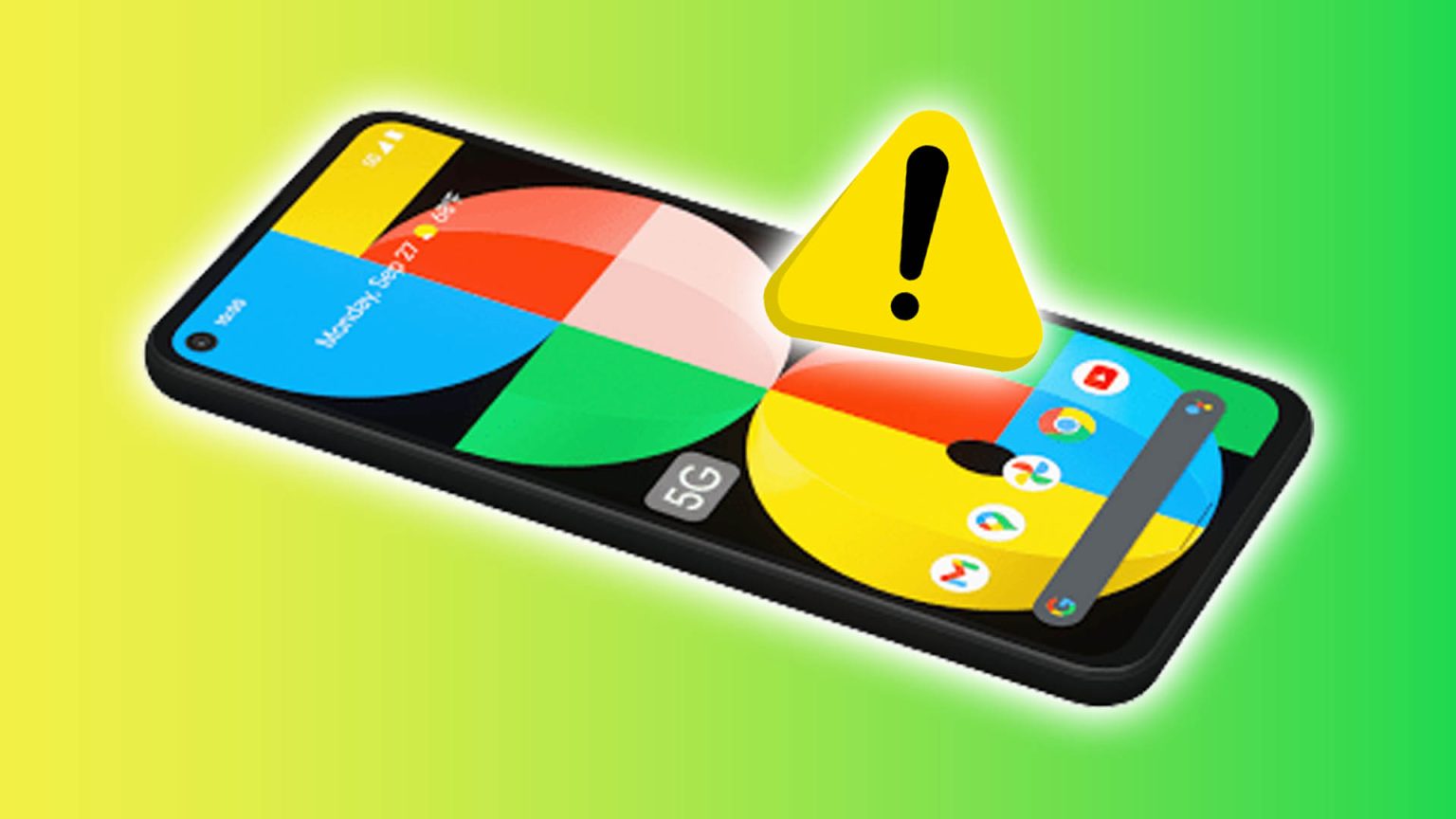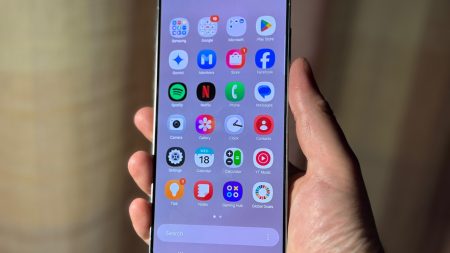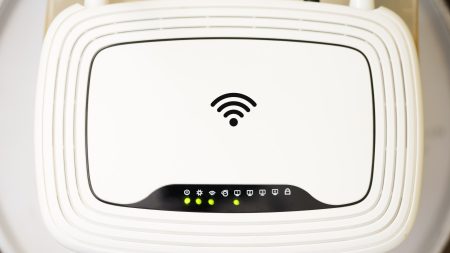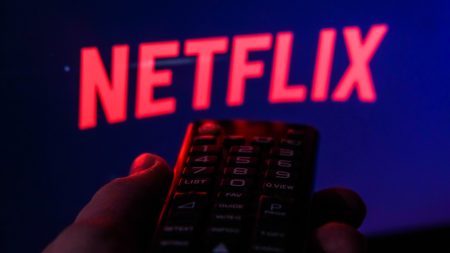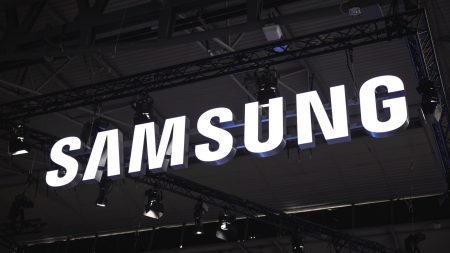Moving Up in Price: A Holiday for Androidowners]
Mobile apps are no longer beingwidget cost. Google has re sealed the Play Store, and Prices are finally moving Up. The move comes as Android Authority, the remote management giant, has raised its pricing cap from £1,000 to £4,999 for the Play Store. This decision comes after a series of changes that affect all levels of app development. While Android developers and services companies work hard to provide high-quality software, the growing demand for premium apps has led to increased financial pressures. This move is a multifaceted holiday dedicated to ensuring that apps meet the expectations of the affordable market.
The move to raise prices is no stranger to Google. In previous years, the company had implemented price caps to maintain clarity in the market and ensure that app developers could be held accountable. For instance, in 2015, the price cap was raised from £200 to £400. This time, the cap has been raised to £1,000, effectively doubling the price of apps. The new pricing framework applies to all devices and platforms, except for China, which is now stuck on the equivalent of a £400 price cap.
-consider how this change affects you as an Android developer or developer company. To succeed in the premium market, developers must prove their ability to create apps that prioritize quality, functionality, and developer ownership. This is where the new price cap comes into play. Developers eligible for the cap must demonstrate that they have not only developed high-quality apps but also that they have maintained developer status with Google. In addition, these apps must regularly prove themselves by meeting revenue targets of at least £1 million per year in app sales.
-Verification is a key component of this new pricing model. To qualify for the increased caps, apps must pass rigorous quality checks to ensure they meet strict criteria. Developers who have not received sufficient feedback or proven their capabilities through a range of testing and feedback mechanisms will not qualify for the higher price. This adds an extra layer of complexity for developers seeking screenshots of their work.
-One of the biggest concerns may be how developers visualize their app’s market value. For example, a specific app under development is now being pushed to £1m before a £5m deal with wider targets. To stand out in the premium market, developers need not only higher prices but also better visual representation of their app’s value.
-Sphere’s Gemini AI app is a prime example of what developers are asking of. The app blends conversation with a human-like virtual helper, requiring developers to create a complex experience that is memorable to users. However, such applications are subject to stringent quality checks to ensure they meet the highest standards.
-A CyberTuner software tool targeting pianos, but on which Apple Face Pay can be used. The CyberTuner costs £999, which is higher than Fisherpunk’s original price of £999. Why is this a concern? It suggests that developers might be banking on the assumption that apps will always have a buyer willing to pay a high price, even when that price is eventually reduced.
-G规章 are a point of confusion for developers, running Play Protect, which is designed to shield Android users from suspect apps. Play Protect runs a comprehensive safety check on apps from the Play Store before download. It also verifies the device, checking for potential malware or malware-like app disposal.
-Mality policies are another layer of increased complexity for developers. Play Protect mandates that any app found to have harmful content will be hidden or misrepresented by the developer. It also sends alerts about app changes that could potentially access user data.
-Sphere has invested heavily in its Play Protect program, offering it as a way to help former scammers hide their tracks. developers are pushed to act with caution and avoid exposing themselves to the risks of scammers.
As an Android user, you may be wondering how all this is going to affect your personal experience. While fantastic developers like Sphere are asking for higher rates, it’s important to stay vigilant. While higher prices can be viewed as a blow to the pocket, the highest-level aim of the Play Store move is to ensure that developers and app creators truly value their apps.
-Beyond the immediate financial implications, the rise in pricing is reflecting the broader shift firms are seeing. This move demonstrates Google’s commitment to customer satisfaction and transparency. developers that are building apps for an audience that realistically wants to pay a premium are better equipped to provide a high return.
-Progress| To safeguard themselves in the future, Android developers should explore ways to avoid hitting the highest getClass. Tools like Play Protect can help hide scammers’ attempts to disrupt app sales. Developers who track app changes with a_medianicdent| Ensure they know exactly what to expect and work with developers who are up-to-date with pricing and security requirements.
-This change in pricing to £4,999 marks a significant shift for the Android app market. For developers, it’s a reminder that the future of apps is dependent on the community, not just the developers. Developers who are proactive in addressing security and quality issues can make a difference.
Always. Be cautious when purchasing apps for the top ranks of Google Play Store. The increase in price caps is part of a broader trend that reflects the demands of developers and developers. While it may seem daunting, this move is meant to foster trust, transparency, and innovation in the app ecosystem.





